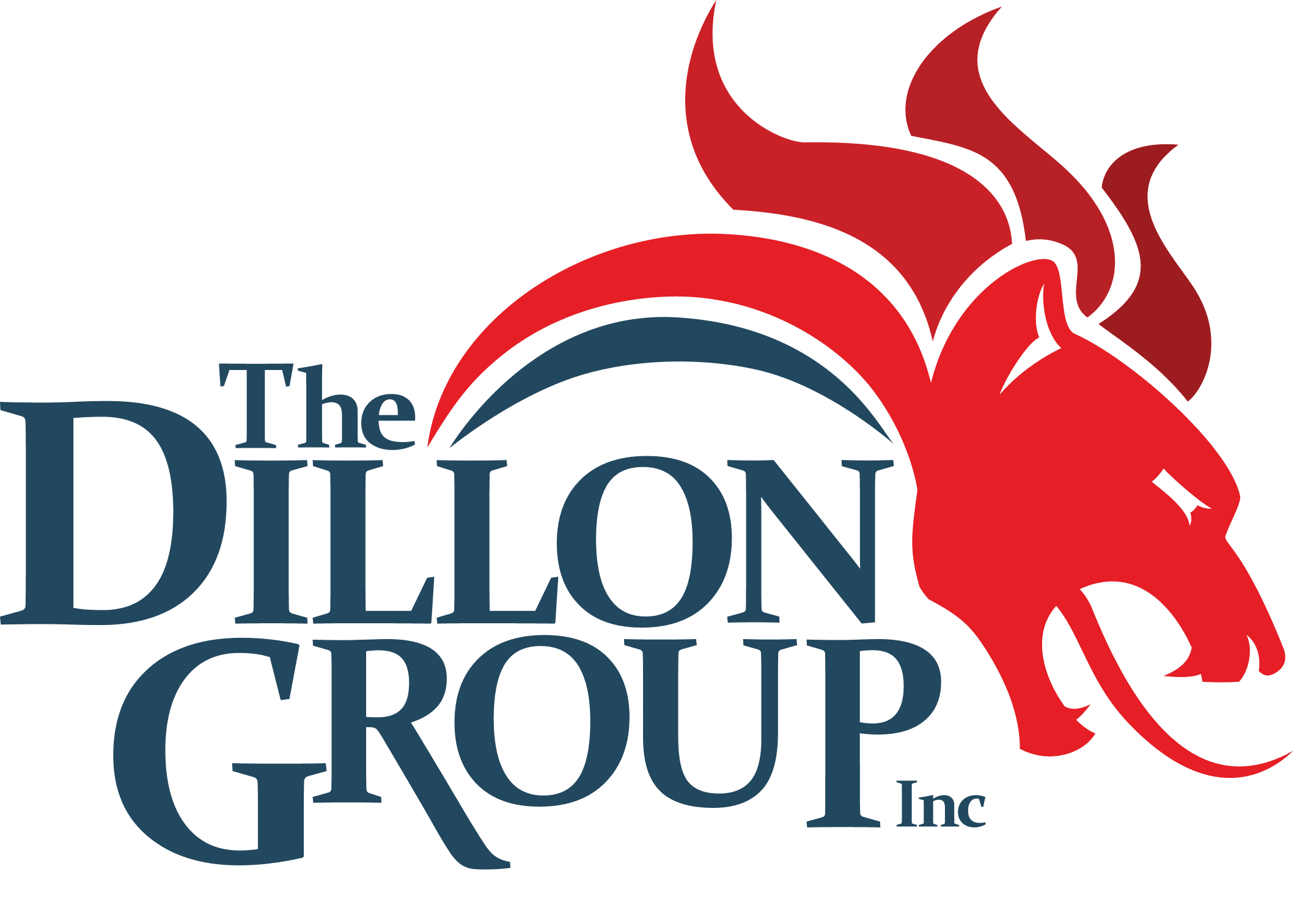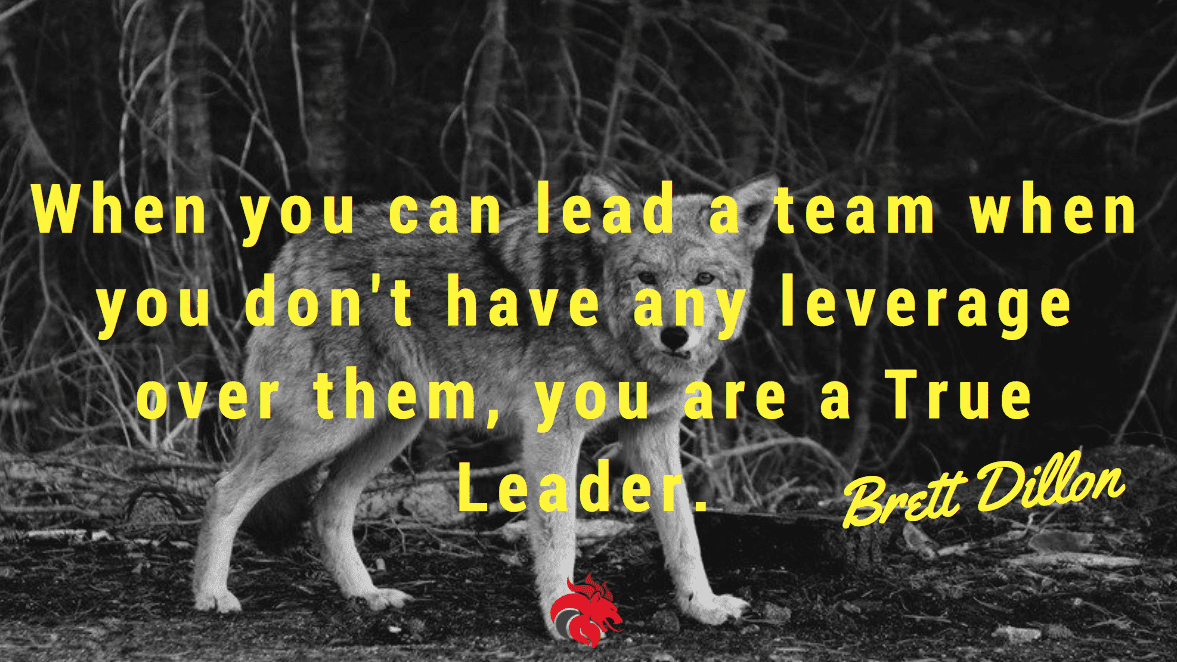How to Develop Leadership Through Influence
“Leadership is influence—nothing more, nothing less.”
John C. Maxwell
These words ring in my ears. I look around the competitive spaces I play in, searching for those I influence—and those who influence me. I create mental maps each time I do this, tracking how the map changes over time. Am I gaining or losing influence? With whom? Who is gaining influence with me and who am I breaking free from?
A lot of people are confused about leadership. They look at leadership as positional. You are a leader because your title or role says so. That drove me batty as a kid. I’d ask a teacher “Why?” and they would reply “Because I said so!” The teachers tried to use their position as the basis to change my behavior, but that didn’t work with me.
There are some other myths about leadership. One is that leading and managing are the same. A couple of years ago, Tom Peters and I had a Twitter conversation about this— and I still disagree with Tom. There is a difference between a leader and a manager. Leaders influence people to follow while managers maintain the structure of the organization: the business systems, processes, and procedures that allow an organization to achieve their mission.
Many people assume that the most knowledge makes the leader. I haven’t found this to be true—often the people with the most knowledge in the room lack the people skills to influence others. It is true that you can’t be a leader without any knowledge, but you don’t need to be the smartest person in the room.
Some people think being out in front of everybody else makes you a leader. That’s also wrong. I like what one British officer wrote in his evaluation of a lieutenant: “His men follow him only out of sheer curiosity.” You have to have people who follow you with the intent to act on your behalf to accomplish your mission to be a leader.
How does a person become a leader with influence?
There are several elements that help leaders create influence:
- Your shared values.
- Your ability to build relationships with other people.
- Your capacity to learn.
- Your ability to make effective decisions quickly.
- Your experience in volatile, uncertain, chaotic, and ambiguous (VUCA) situations.
- Your track record of success.
- Your competence as a leader.
If you can’t influence someone to give you their discretionary effort beyond the minimum contractual obligations, to help you accomplish your mission, you aren’t a leader.
When you can lead a team when you don’t have any leverage over them, you are a true leader.
Click here for more information on how we can help you and your organization become better leaders.

